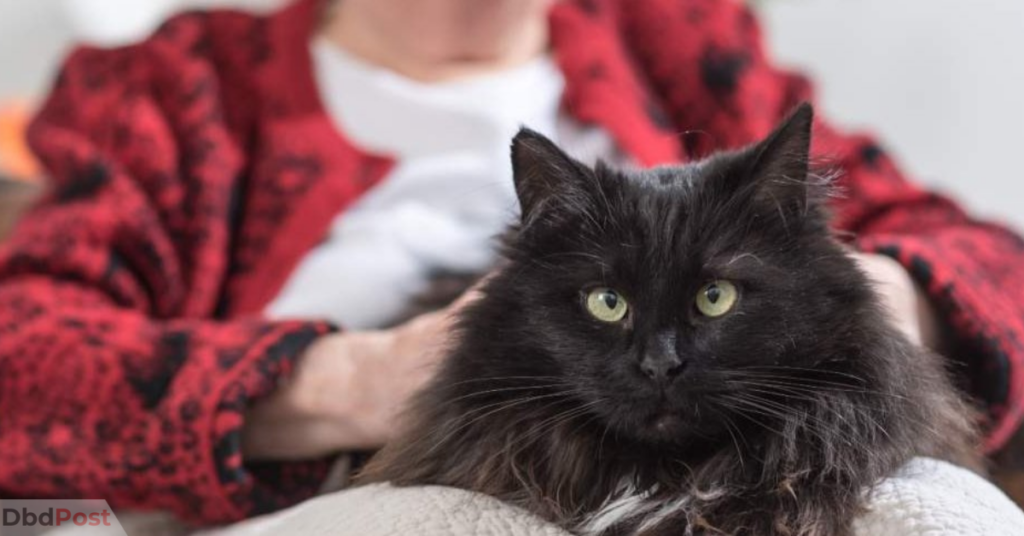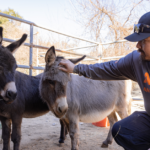A recent study by the Morris Animal Foundation has uncovered key links between stress, inflammation, and cognitive decline in aging cats.
The research, published in Applied Animal Behaviour Science, provides valuable insights and highlights the early warning signs of feline cognitive dysfunction.
The study observed 44 pet cats between seven and fourteen years old, and researchers assessed their cognitive abilities in their home environments.
They used a citizen science approach, in which pet owners contributed data.
Two areas of cognition were tested: spatial memory and social cognition. Spatial memory involves a treat hidden in one of five containers.
Social cognition measured whether cats sought help from their owners when faced with an unsolvable task.
Results showed a connection between stress and cognitive performance. Cats with higher stress and inflammation had reduced social referencing behaviors, and older cats were significantly affected.
Additionally, spatial memory and social cognition appeared linked. Cats with better spatial memory showed stronger social referencing. Cognitive decline in one area may indicate broader issues.
Recognizing early cognitive decline helps pet owners provide better care. Symptoms include disorientation, behavioral changes, disrupted sleep, and inappropriate elimination.
These changes can indicate medical issues or cognitive dysfunction.
Preventive measures can slow cognitive decline. Environmental enrichment, predictable routines, proper nutrition, and veterinary check-ups are key. Together, these steps support a cat’s brain health.
Interactive toys and puzzles keep cats mentally engaged. Consistent daily routines reduce stress and anxiety, and a stable environment helps cats feel secure.
A diet rich in antioxidants and nutrients promotes brain health. Proper nutrition supports cognitive function and reduces inflammation. Healthy food choices make a difference in long-term well-being.
Routine veterinary visits allow early detection of cognitive decline. Regular check-ups help track changes and provide timely treatment. Vets offer valuable guidance for senior pet care.
Research into feline cognition continues to advance. Studies like this provide knowledge that improves cat care. Understanding cognitive decline allows pet owners to take proactive steps.
Aging is inevitable, but cognitive decline can be managed. With proper care, cats can maintain quality of life. Small changes make a significant impact.
- 107shares
- Facebook Messenger
About the author
Sarika Patel is an Associate Writer at DbdPost, where she combines her keen research skills and clear storytelling to create engaging, informative digital content. With a background in journalism, Sarika is passionate about uncovering unique insights and helping readers navigate a wide range of topics. Outside of work, she enjoys exploring new places, indulging in a good book, and sharing her love of learning with others.





